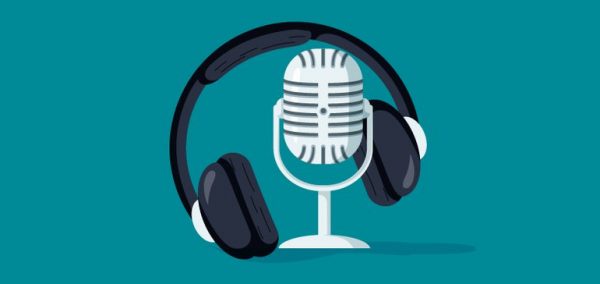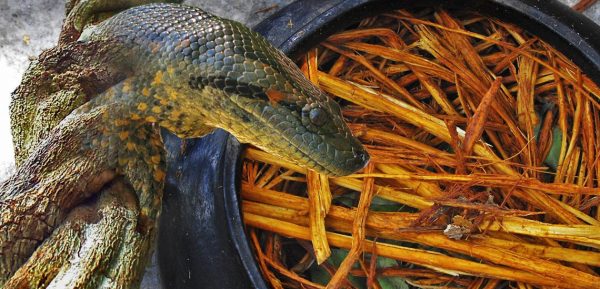Ayahuasca is one of the most potent hallucinogenic drugs in the world. It might also be the key to a breakthrough treatment for alcoholism and depression.
Like other drugs that serve traditional purposes in various cultures, such as peyote, piri or ibogaine, this drug is naturally occurring and plant-based. In South America, it’s usually consumed as a brew made from the Psychotria Viridis bush and the stems of the vine Banisteriopsis caapi, which contain the hallucinogenic compound DMT.
Recent mental health research has seen a surge in promising studies on treatments derived from recreational drugs, including marijuana, LSD, and mushrooms. Now, researchers have set their sights on ayahuasca.
Researchers at the University of Exeter and University College London used the Global Drug Survey to gather data from nearly 100,000 people all over the world. The researchers found that when it came to the Personal Wellbeing Index (which measures factors like community ties and satisfaction in careers and relationships), ayahuasca users outperformed other respondents for the entire previous year. A paper detailing the findings was published today in the journal Scientific Reports.
“Several observational studies have examined the long-term effects of regular ayahuasca use in the religious context,” Celia Morgan, the paper’s senior author and a professor of psychopharmacology at the University of Exeter, said in a press release. “In this work, long-term ayahuasca use has not been found to impact on cognitive ability, produce addiction or worsen mental health problems... In fact, some of these observational studies suggest that ayahuasca use is associated with less problematic alcohol and drug use, and better mental health and cognitive functioning.”
In the largest survey of plant users ever completed, researchers found their rates of alcoholism were lower—and their general wellbeing higher—than even those using LSD or mushrooms.





